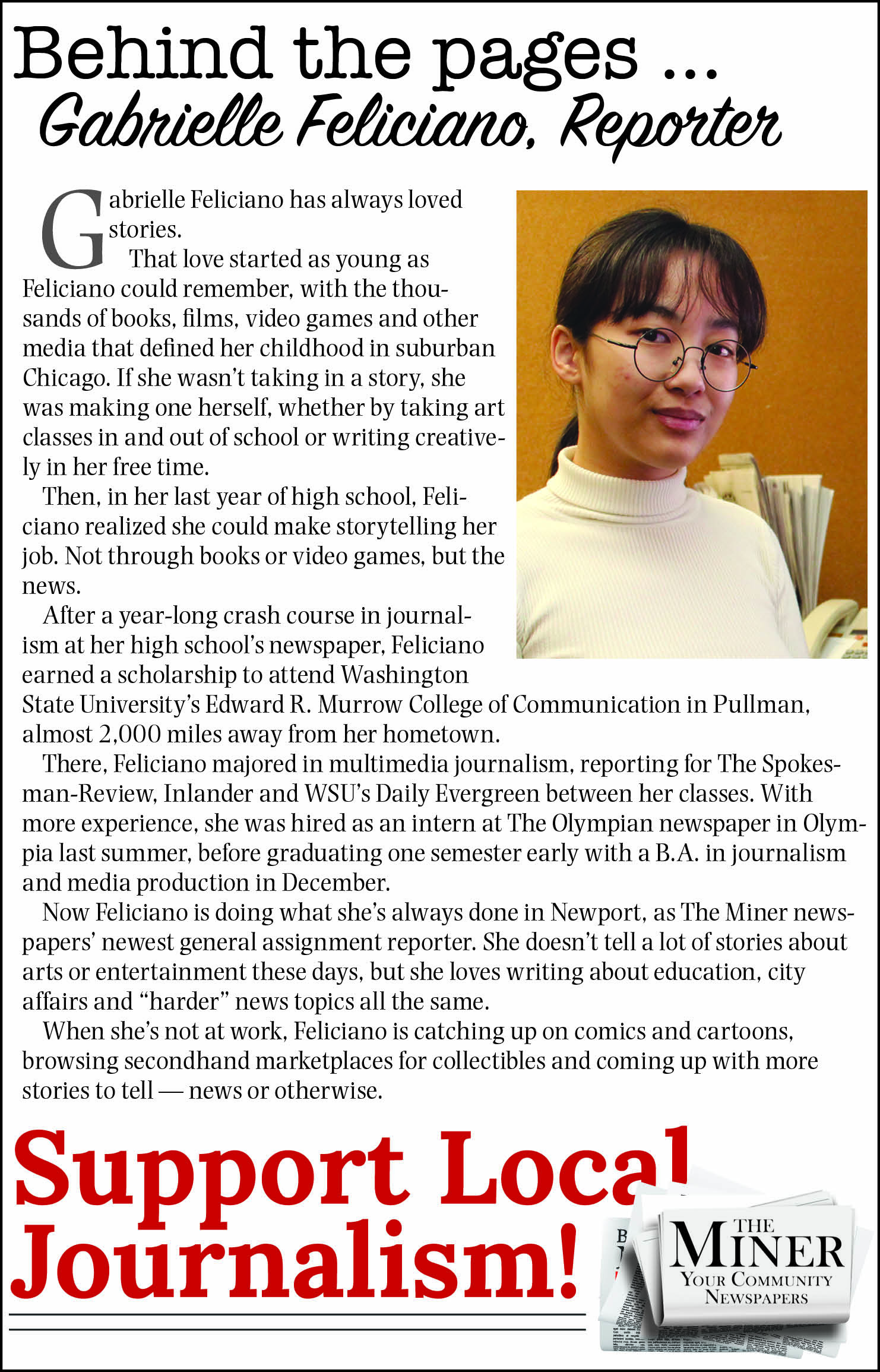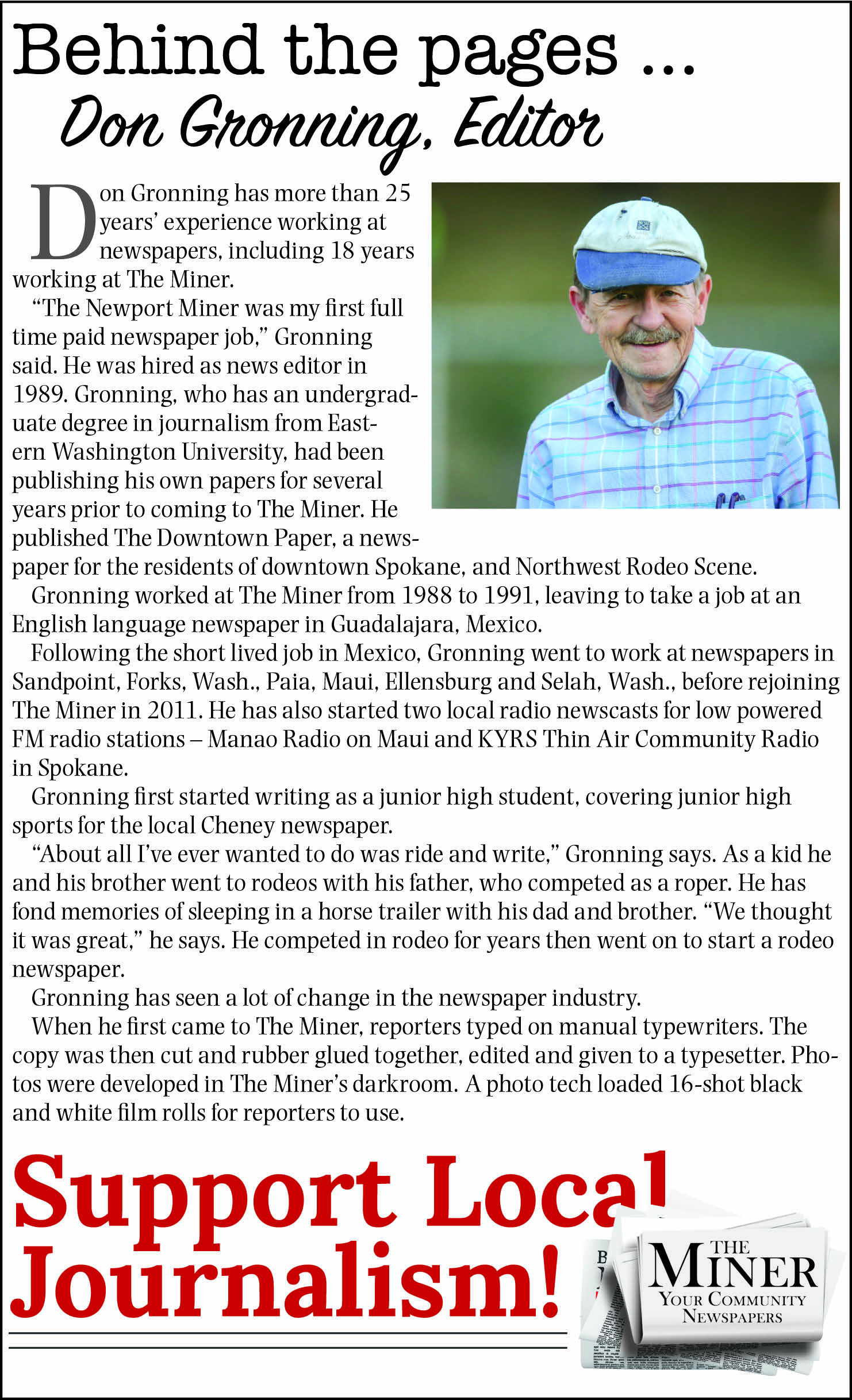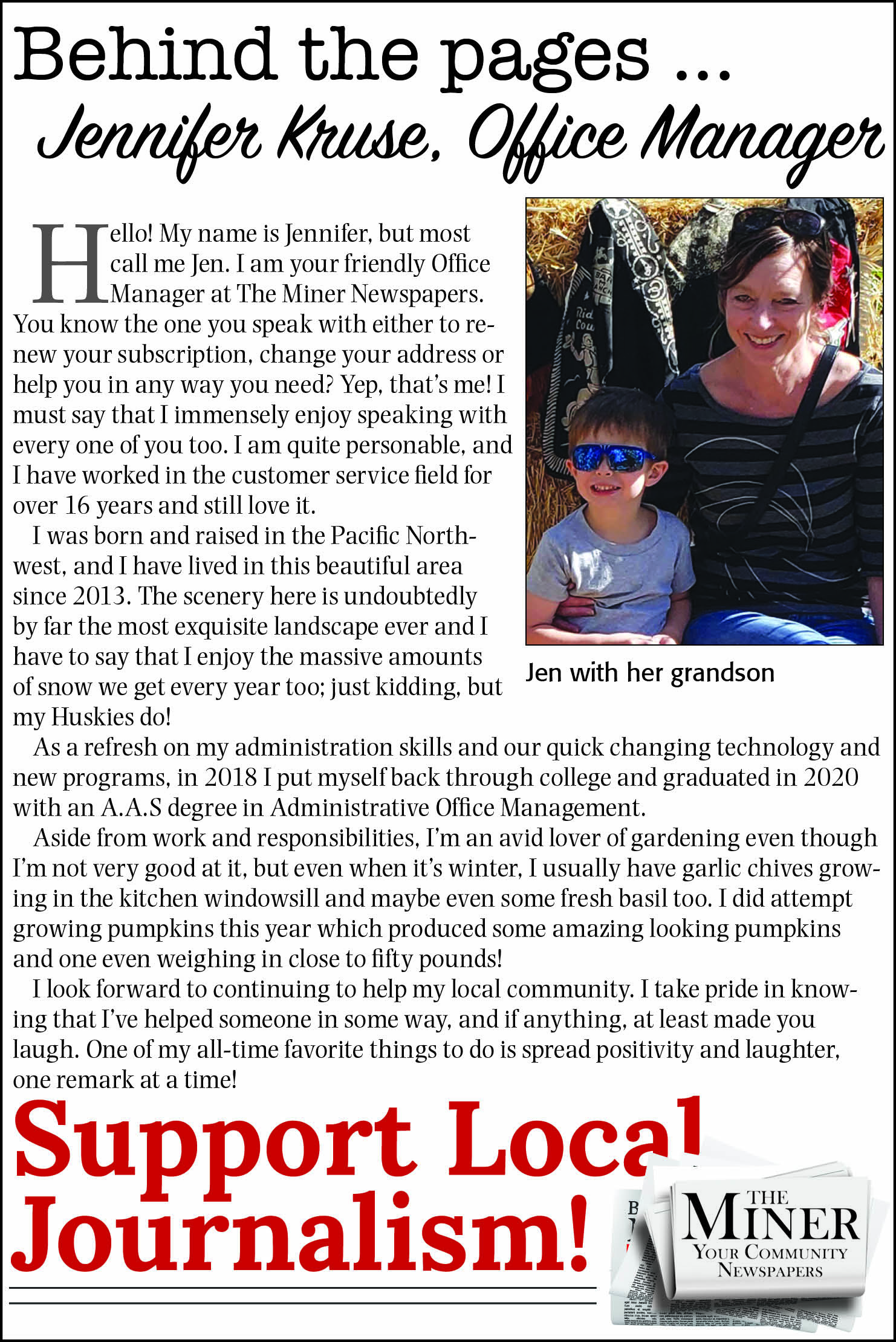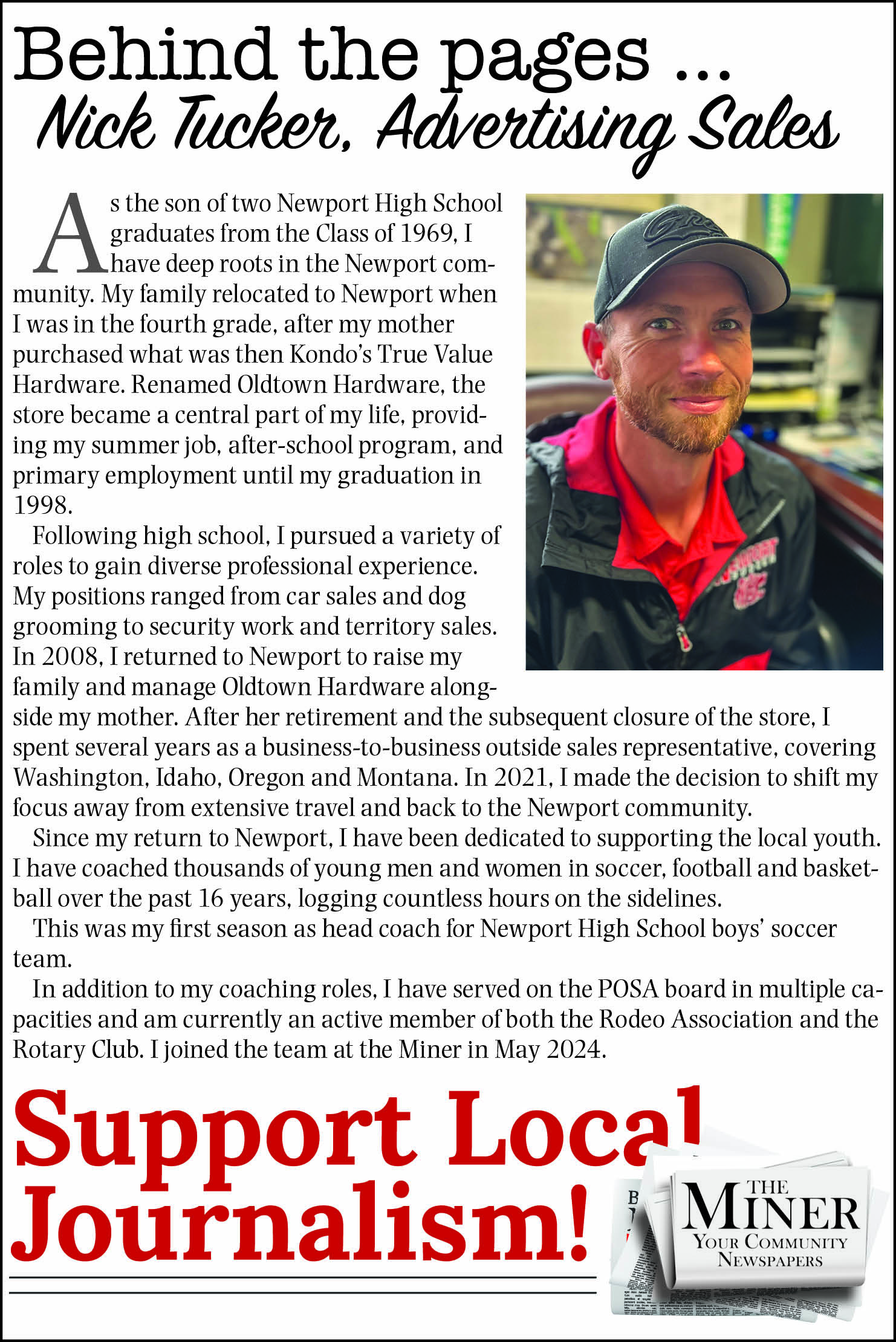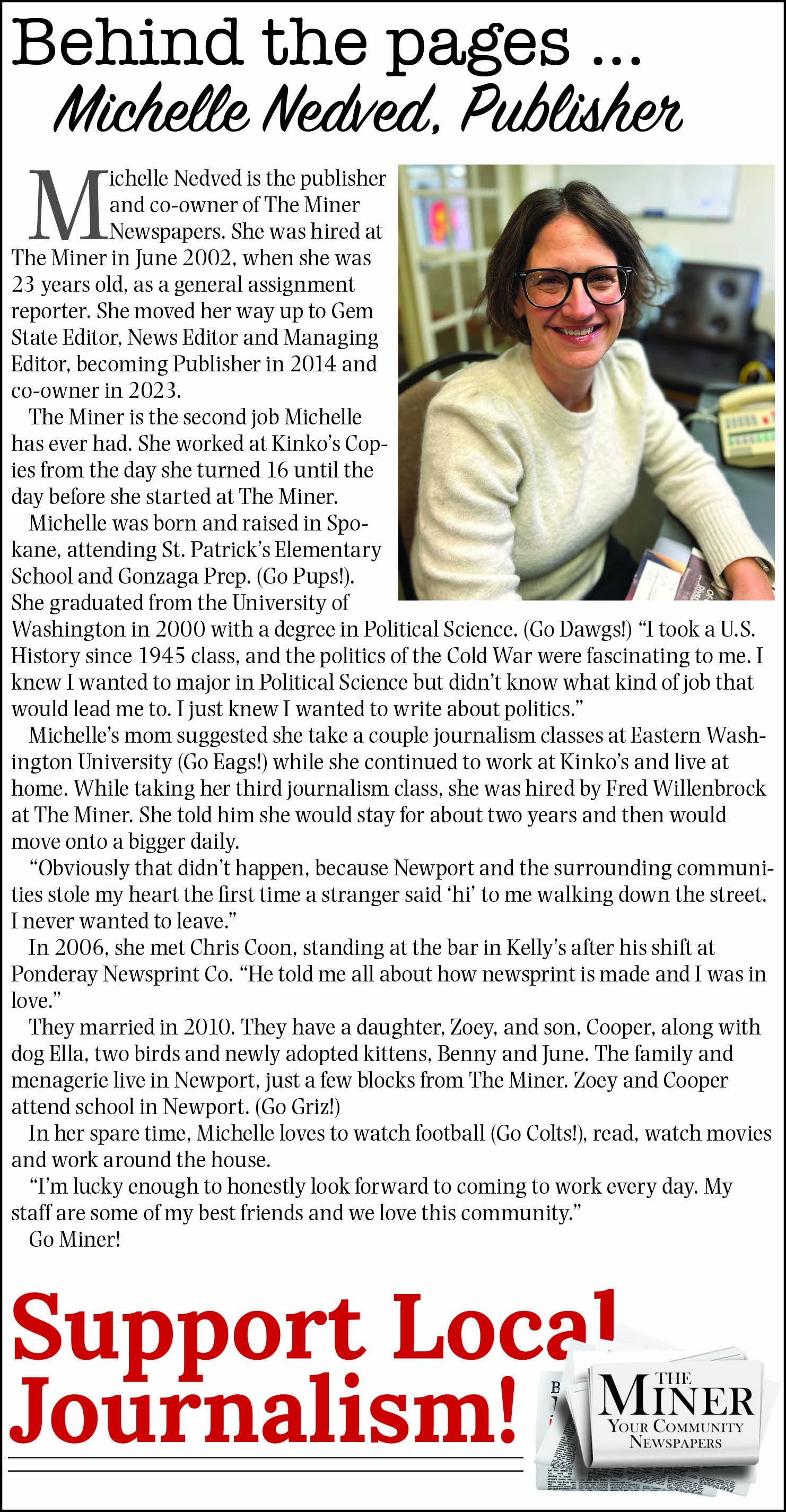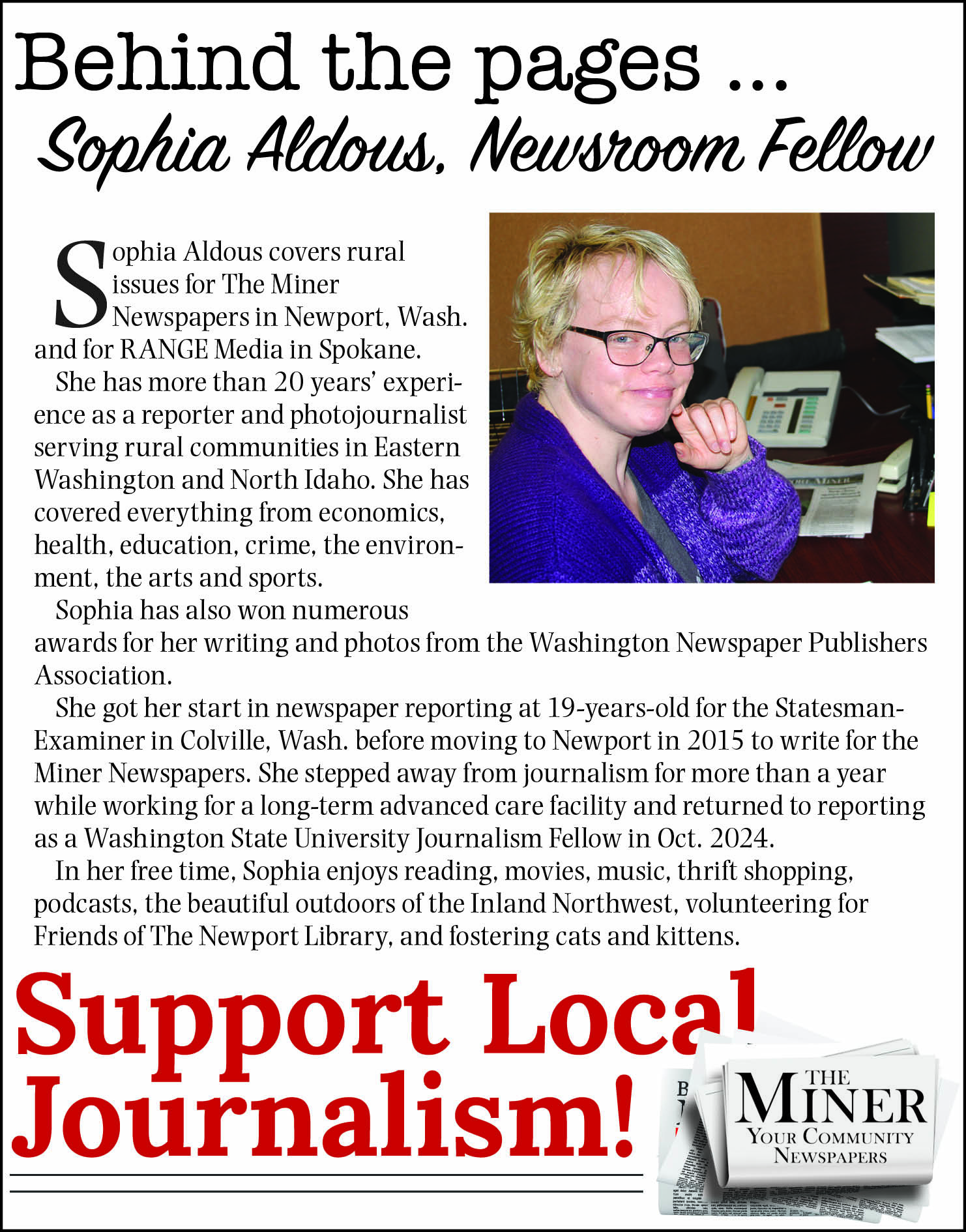GUEST OPINION
There are many important events, activities and milestones that take place in classrooms and schools every year. In my opinion, there are few more important than the conversations teachers and parents have, formally, twice a year at parent- teacher conferences. November is one of the months when time is set aside during the school week to discuss needs, progress, achievement, challenges and opportunities to support learning and growth.
I have been an advocate of meaningful discussions between these two critical parties. These conferences should be a conversation, not a one-sided visit. Teachers want to listen, not just talk, and parents need to come prepared for the conversation. For years, I have offered suggestions to parents on how to make this meeting matter: First, I’d suggest that parents prepare ahead of time to make the most of this valuable opportunity.
They can start this process by having a conversation with their child. How does the student think they are doing in school? What are things they like about the class or classroom and what do they wish the teacher knew about them? Are they engaging socially, and how do they feel about their peers? Coming ready to discuss how their child learns and grows best gives teachers the tools to make meaningful progress with them in the classroom.
I would suggest that parents keep in mind that conferences aren’t just for struggling kids or those who need extra help. Advanced and high-performing students deserve the same level of attention to their academic needs as a student who needs extra help or interventions.
We also see a great deal of family participation at the elementary school level, but that interaction drops off significantly through junior high and high school. However, our students don’t lose the need for parental involvement in their academic success. Needs and communication levels may change over time, but older kids need their parents to engage throughout their academic careers. Consistent, constructive conferencing creates the communication framework needed to best support the three prongs of student success: the teacher, who is the expert in the classroom; the parent, who is the expert on the child; and the student, who owns a responsibility to actively participate in their own learning. This recipe has proven results when each part fulfills their role.
These respective roles require different supports and all need the unifying threads of engagement and communication that face-to-face conferencing helps establish. When we come to the table for productive discussions on behalf of kids, we foster meaningful relationships between parents, teachers and schools. This pays dividends for students and school communities.
Finally, I’d suggest that parents see conferences as their invitation to expand their role in the educational process and their child’s success. The local nature of the educational landscape was created to provide parents input on curriculum, policies, procedures, budgets and more. Let’s not overlook the pivotal role a parent-teacher discussion plays at the most fundamental level: the individual child.
.png)






